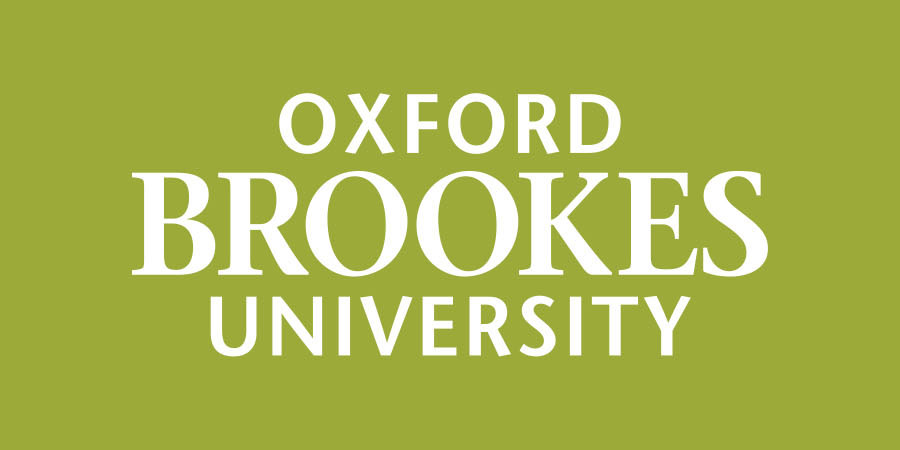Nigel Groome Studentship: The Impact of Neonicotinoid Pesticide Resistance on the Role of Nicotinic Acetylcholine Receptors in Food-related Reward Signalling
Oxford Brookes University - Faculty of Health, Science and Technology - School of Biological and Medical Sciences
| Qualification Type: | PhD |
|---|---|
| Location: | Oxford |
| Funding for: | UK Students, EU Students, International Students |
| Funding amount: | £20,780 |
| Hours: | Full Time |
| Placed On: | 26th March 2025 |
|---|---|
| Closes: | 25th April 2025 |
3 Year, full-time funded PhD Studentship
Eligibility: Home UK/EU and International applicants
Bursary p.a.: Bursary equivalent to UKRI national minimum stipend plus fees (2025/26 bursary rate is £20,780)
Fees and Bench fees: will be met by the University for the 3 years of the funded Studentship. Visa and associated costs are not funded. International applicants can visit https://www.brookes.ac.uk/students/isat/ for further information
Closing date: Friday 25 April 2025 - Midday
Start Date: September 2025
Project Title: Nigel Groome Studentship: The impact of neonicotinoid pesticide resistance on the role of nicotinic acetylcholine receptors in food-related reward signalling
Requirements:
Applicants should have a first or upper second-class honours degree from a Higher Education Institution in the UK or acceptable equivalent qualification. International applicants must have a valid IELTS Academic test certificate (or equivalent) with an overall minimum score of 6.5 to 7.0 and no score below 6.0 issued in the last 2 years by an approved test centre.
The studentship requires you to undertake the equivalent of up to 6 hrs teaching per week on average, during semester time, and to include preparation and marking (but no more than 20 hrs per week), and to participate in a teaching skills course without further remuneration.
Project Description:
How the nervous system modulates the desire to eat remains a poorly understood but timely question given the current obesity epidemic. Nicotinic acetylcholine receptors (nAChRs) are candidate modulators of this process, as they are expressed in brain regions that regulate both food intake and hedonic reward signalling and long-term consumption of sugar alters nAChR expression in these reward circuits.
We have shown that nAChR expression decreases during starvation in Drosophila melanogaster, suggesting a conserved role for these receptors. This project will therefore take advantage of the powerful genetic tools available in fruit flies to investigate the role of nAChRs in food-related reward signalling, food choice, and consumption. By combining advanced tools such as CRISPR, genetics and behavioural analysis, this research aims to uncover how nAChRs mediate the interplay between nutrition and reward.
This is a collaborative project between the labs of Dr Andrew Jones, a leading expert in Cys-loop ligand-gated ion channels (CysLGICs) in insects and Dr Korneel Hens, an expert on fly genetics, CRISPR modification and feeding behaviour.
It is an exciting opportunity to use state-of-the-art molecular techniques to answer a very timely research question. You will use CRISPR to tag nicotinic receptors that change expression upon starvation in the fly brain, study the expression pattern and activity of these receptors under different feeding conditions and use fly genetics to study the role of these receptors in reward signalling.
Application process: Please contact hls-applications@brookes.ac.uk for details of how to apply via the above ‘Apply’ button.
Director of Studies: Dr Andrew Jones
Supervisors: Dr Korneel Hens
Project Contact: Dr Korneel Hens: khens@brookes.ac.uk
Contact hls-applications@brookes.ac.uk with any queries.
This project is advertised on a competitive basis alongside other current Nigel Groome PhD studentship advertisements for School of Biological and Medical Sciences projects. Part time MPhil/PhD study will be exceptionally considered (Home Fee status applicants only).
Advert information
Type / Role:
Subject Area(s):
Location(s):









